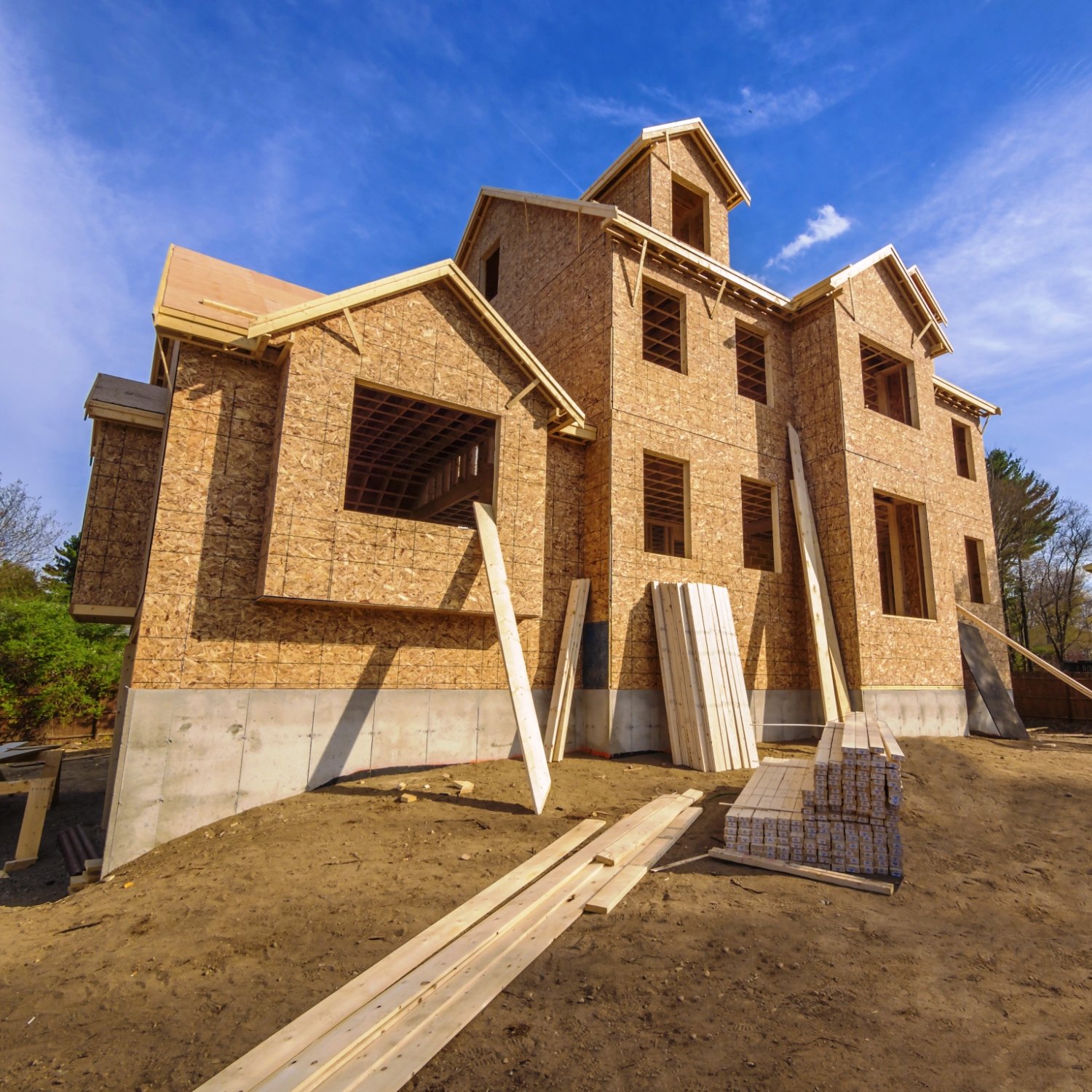
The U.S. Census Bureau and the Department of Housing and Urban Development reported Thursday morning that new housing starts in January were at a seasonally adjusted annual rate of 1.246 million, a decrease of 2.6% from the upwardly revised December rate of 1.279 million and an increase of 10.5% compared with the January 2016 rate of 1.128 million. The consensus estimate from a survey of economists expected a rate of around 1.232 million.
The revision to the December rate added 54,000 new housing starts from the previously reported total.
PNC Financial is forecasting housing starts of just over 1.2 million this year, up 3.6% from 2016. Affordability remains good, although the effective cost of new homes gradually will increase over the next few years as mortgage rates move higher.
The seasonally adjusted rate of new building permits rose sharply in January to 1.279 million, up 4.6% from the upwardly revised December rate of 1.228 million and up 8.2% from the January 2016 rate of 1.128 million. The consensus estimate called for 1.233 million new building permits.
Single-family housing starts rose in January to an annualized rate of 823,000, up 1.9% from the revised December rate of 808,000. Single-family starts rose 6.2% year over year in January.
Permits for new single-family homes fell 2.7% month over month in January, to an adjusted annual rate of 808,000, from an upwardly revised total of 830,000 in December. The rate rose 11.1% year over year.
Multifamily starts. for buildings with five or more units, increased by 25.7% year over year in January and fell by 7.9% compared with December.
Take This Retirement Quiz To Get Matched With A Financial Advisor (Sponsored)
Take the quiz below to get matched with a financial advisor today.
Each advisor has been vetted by SmartAsset and is held to a fiduciary standard to act in your best interests.
Here’s how it works:
1. Answer SmartAsset advisor match quiz
2. Review your pre-screened matches at your leisure. Check out the
advisors’ profiles.
3. Speak with advisors at no cost to you. Have an introductory call on the phone or introduction in person and choose whom to work with in the future
Take the retirement quiz right here.
Thank you for reading! Have some feedback for us?
Contact the 24/7 Wall St. editorial team.